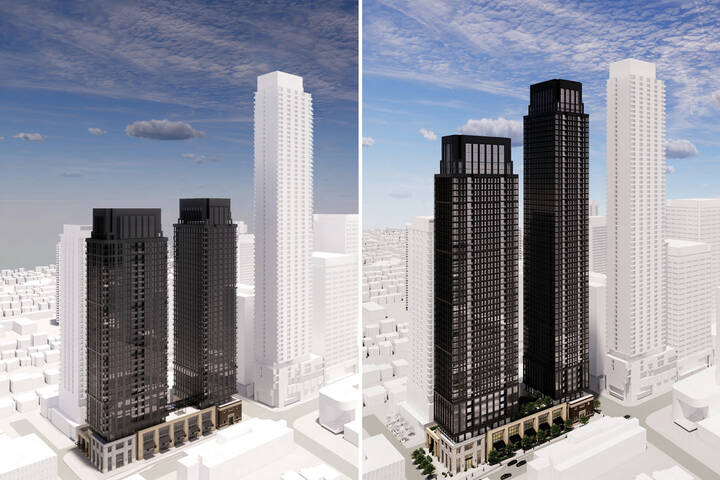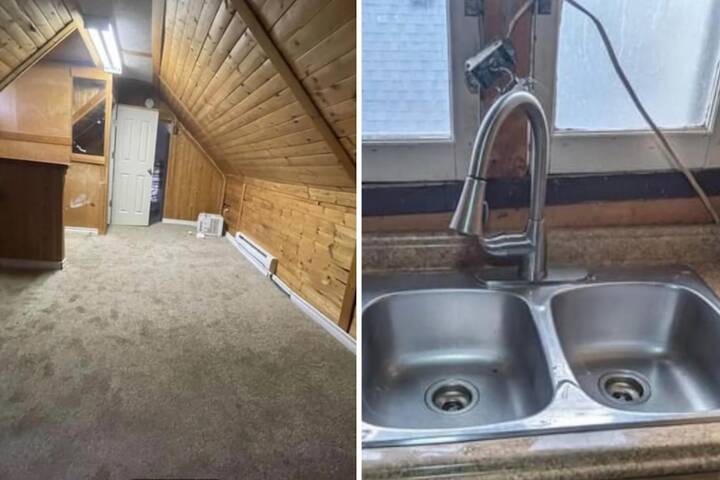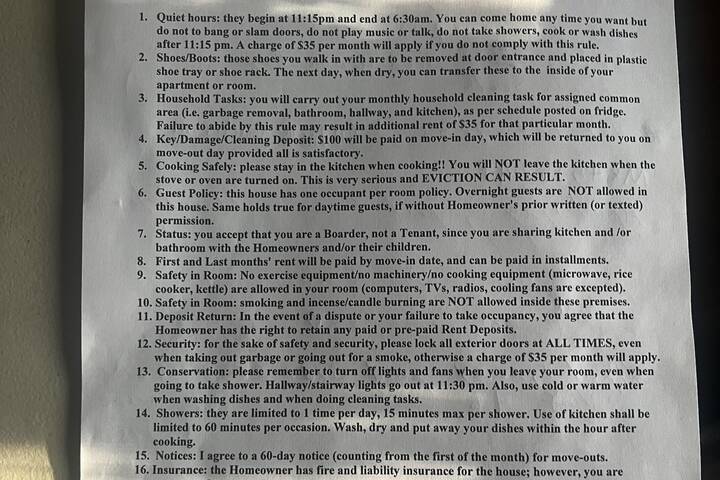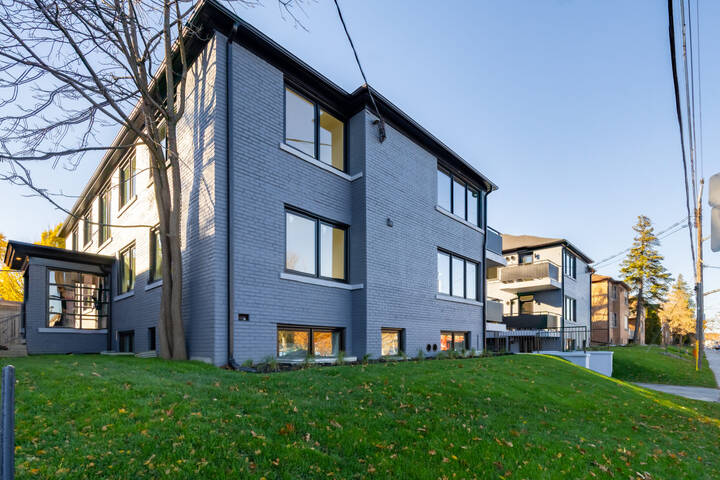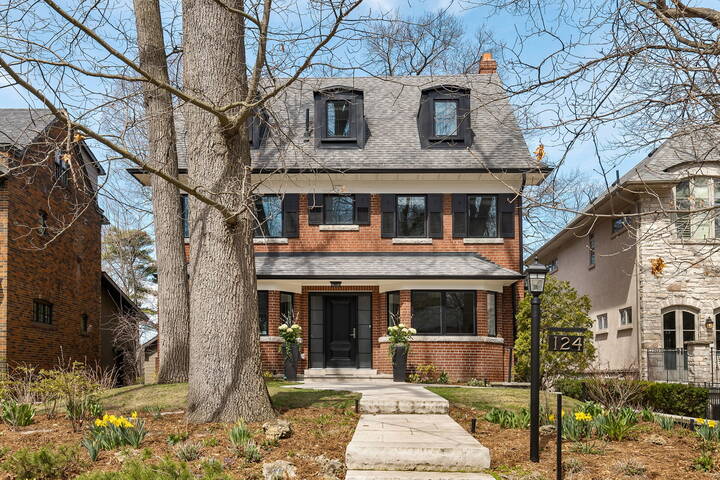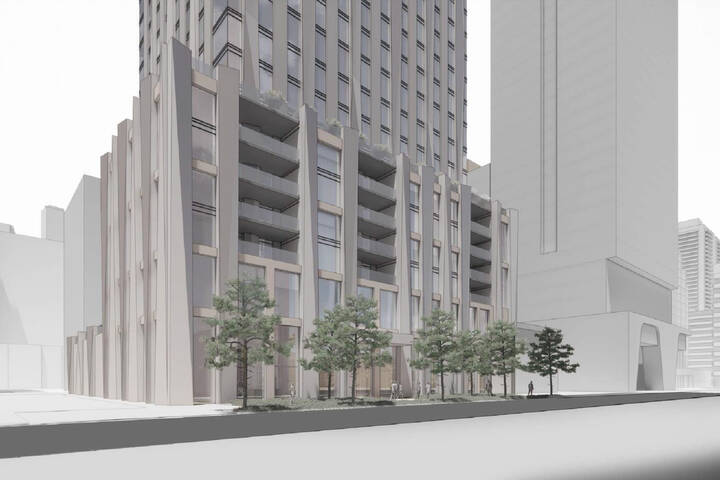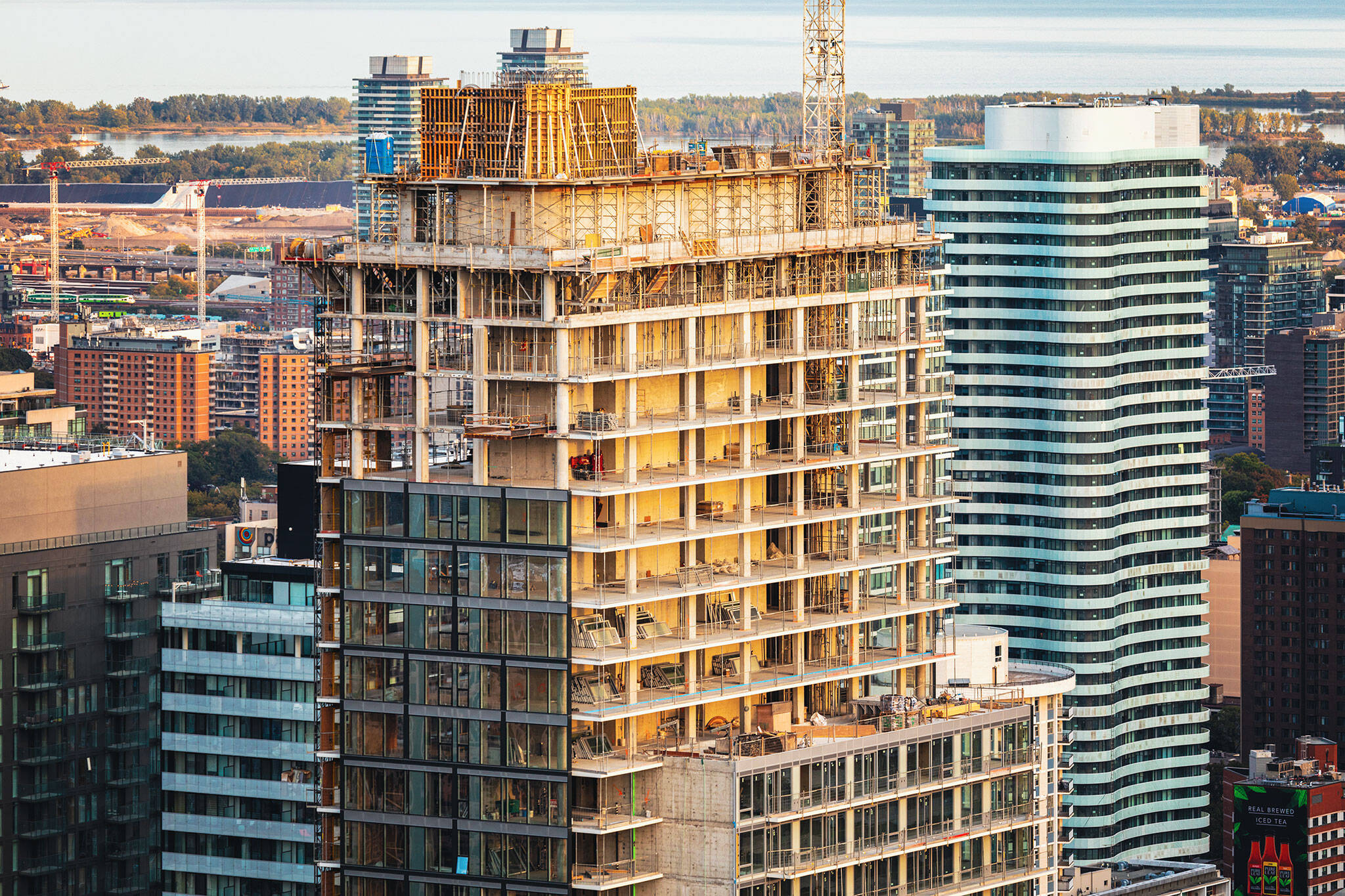
Experts blame Ontario's housing problems on bananas but we can totally explain
Standing in the way of just about every housing project in Ontario is usually at least one voice of dissent that fits the NIMBY (Not In My Back Yard) archetype.
But that term might be a bit outdated, as a new class of anti-development crusaders has been identified by Ontario's Housing Affordability Task Force in a report packed with 55 recommendations released in February.
And it's bananas.
No, we aren't talking about the potassium-rich fruit, an iconic Velvet Underground album cover, or even the unforgettably catchy refrain in Gwen Stefani's 2004 hit Hollaback Girl, but a new acronym describing people who would prefer we "Build Absolutely Nothing Anywhere Near Anything," Or BANANAs.
The task force report suggests we can build 1.5 million new homes in the province over the next decade, but it's a goal that's only achievable if developers can actually get shovels in the ground.
Ontario has published the report from the Housing Affordability Task Force, which highlights expert recommendations for additional measures to increase market housing supply and address the housing crisis. Learn more: https://t.co/QY6Cl6rfVQ #housingsupply pic.twitter.com/LZI5BVRyAP
— Ontario Housing (@housingON) February 8, 2022
Christopher Alexander, President of RE/MAX Canada, agrees with the task force that "the only solution to our housing crisis is to build more homes," explaining in a blog post that these efforts are being "drowned out by cries of, 'not in my back yard,' from homeowners who want to preserve the character and liveability of their communities, and from city mayors and councillors, whose political futures hang in the balance."
Alexander argues that "we need less red tape and less politicization of residential development, and less NIMBYs and BANANAs that threaten the freedom and future of home ownership for all," and suggests that education on the benefits of urban densification are a good place to start.
Still, he warns that "densification can't happen hastily," suggesting coordination across all levels of government to address the pressing supply shortages that are fuelling runaway housing price growth in the province.
"If done right, densification can be a beautiful thing, refreshing and revitalizing aging neighbourhoods, both in their aesthetic and in the fabric of their make-up," claims Alexander.
There are, of course, many other factors beyond supply and the aforementioned goal of depoliticizing the approvals process that experts claim contribute to the ongoing housing crisis.
The task force report looks to find solutions through radical changes to planning policy, the streamlining of rules that add cost to developments, and better government coordination to tackle the housing shortage.
Though welcomed by real estate experts — who hold stakes in the development industry and would obviously benefit from more cranes in the sky — the task force's recommendations might not sit well with the neighbourhoods they eventually impact.
The recommendations aim to strip away oversights like public consultations that communities use to help bring local benefits to the developments that will shadow their properties and add to traffic, transit wait times, and school availability in their neighbourhood.
These consultations and other aspects of the municipal approvals processes are being painted by the province and real estate experts with the blanket term of "red tape."
Jack Landau
Latest Videos
Latest Videos
Join the conversation Load comments

